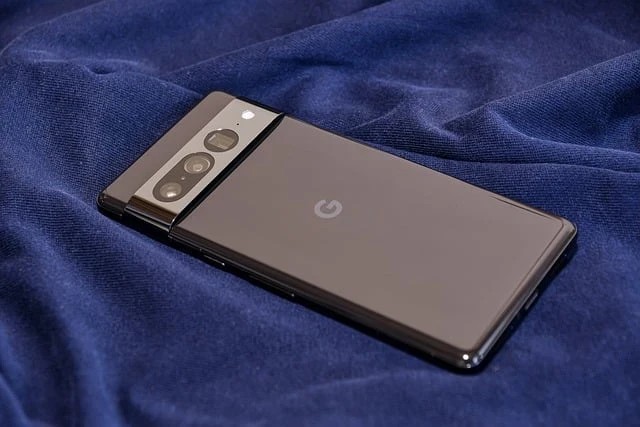
Despite the ban on selling the latest iPhone models in Indonesia, they are still making their way into the country. The government had previously halted the sale of Apple devices due to the company’s non-compliance with Indonesian regulations.
However, the customs service announced that between the launch in September and October 2024, a total of 5,448 iPhone 16 units entered the country legally in passengers’ luggage, as declared to customs. The Director of Public Relations for the customs service clarified that these devices were brought in legally by travelers who declared them.
Import Regulations:
• Each person is allowed to bring up to two mobile devices into Indonesia per year. This includes phones, tablets, and computers.
• Devices must be registered with their IMEI number and a tax must be paid to ensure they function in Indonesia for more than three months.
• A limited number of new iPhones can also be imported by local mobile operators and diplomats.
Negotiations with Apple:
Ongoing negotiations between Indonesia and Apple regarding investments and compliance with local laws have yet to succeed. Thus, there are still no official sales of iPhones in the country.
Apple has pledged to pay its outstanding investment obligation of 162 billion rupiah. Meanwhile, Indonesia’s Minister of Industry, Agus Gumiwang, previously stated that he is still waiting for Apple to agree to build a factory in the country for manufacturing mobile phones, pocket computers, and tablets.
Local Manufacturing Requirements:
The government can only grant permission for sales if there is a local factory producing phones. Agus acknowledged Apple’s plan to build a factory for AirTags but emphasized that such a facility would not qualify the company to sell phones.
“We appreciate Apple’s investment in AirTag production and other accessories, and they are continuing to build the factory, but this does not address the legal requirement that investments must be directly tied to phone production,” Agus said.
For now, locals and expats in Indonesia will have to settle for the 12,000 imported devices already in the country or travel to Singapore or Malaysia to buy the coveted iPhones. Of course, upon returning, they must register the IMEI and pay a significant tax.
Sources: cnnindonesia, tempoco


You can add one right now!